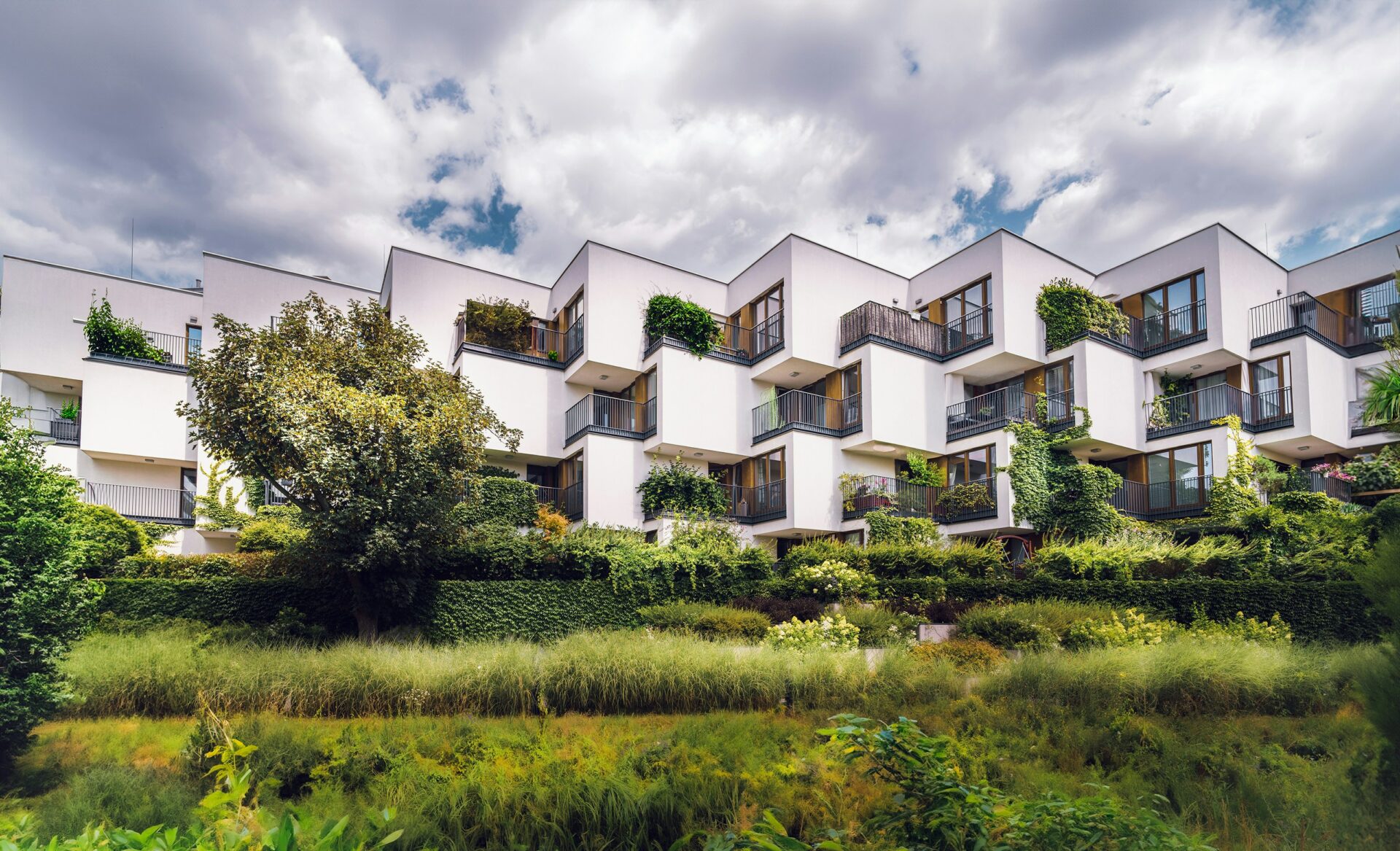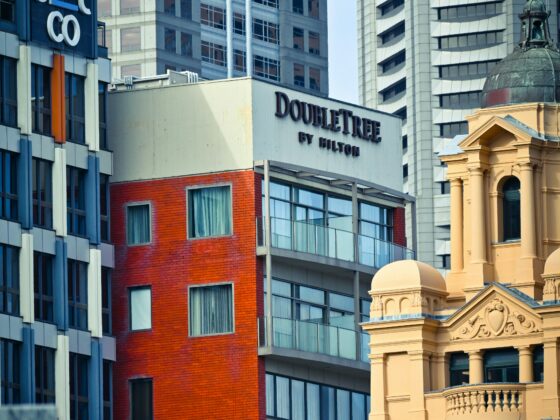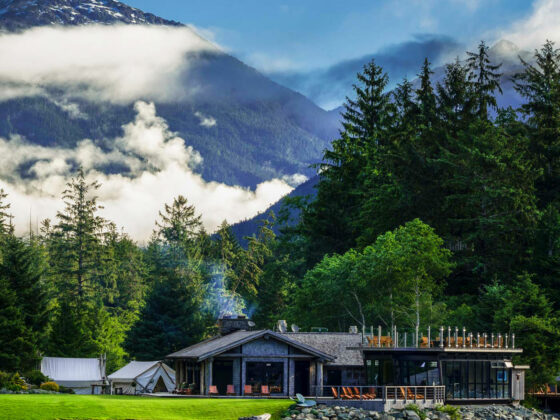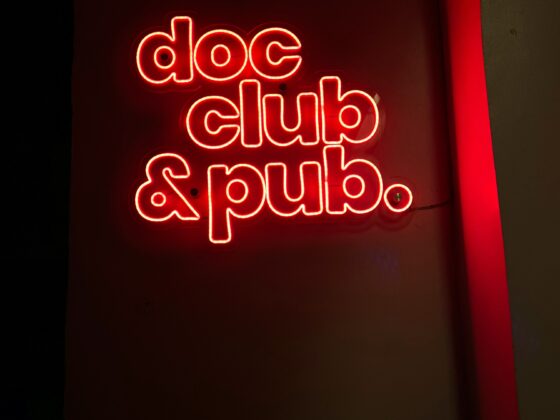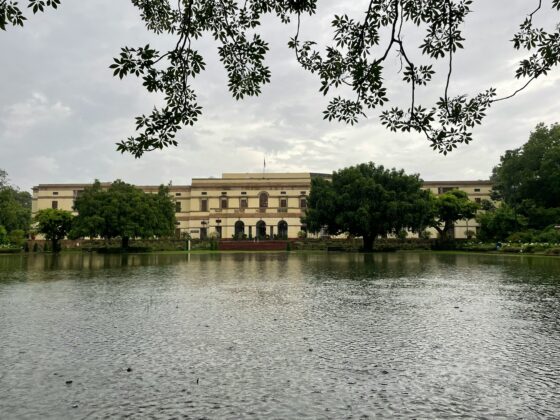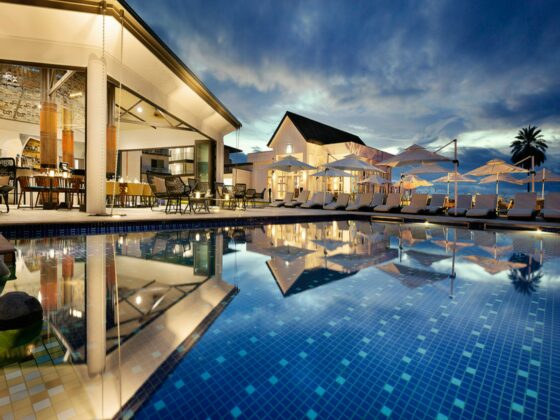
At this year’s Future Hospitality Summit Africa, the message from the stage was clear: pipelines are growing, investor interest remains steady and nearly every region is positioning itself as open for business. But beneath the optimism lies a more pressing reality – Africa doesn’t have a development problem, it has a delivery problem. Keynotes and panel discussions unpacked this disconnect in detail. The gap between development ambition and operational execution remains significant. For stakeholders involved in hospitality investment and advisory across the continent, this misalignment poses both a risk and an opportunity.
1. The Pipeline Is Expanding. So Is the Delivery Gap.
Africa’s hotel pipeline currently comprises just over 570 hotels across 42 countries, totalling just over 104 000 rooms – a 13.3% year-on-year increase. Growth remains concentrated: North Africa accounts for 47% of all planned projects, and Egypt leads with 143 hotels in development (25% of the total pipeline).
Yet only 38% of these projects are expected to open. This figure is up from 21% in 2023, but still far below the pre-pandemic benchmark of 75%. Despite stronger pipelines, the delivery bottleneck persists. A major contributor is the continued application of general real estate frameworks to hospitality projects. Without sector-specific expertise, feasibility is often overestimated, budgets are misaligned and timelines are significantly delayed. In many African markets, the average development cycle extends to 4 – 5 years, versus 2 – 3 years globally.
2. The Financing Fault Line: Capital Exists – But Structure Is the Barrier
Financing is not absent, but it is often misaligned with hospitality needs. The maturity of capital structures and understanding of hospitality investment models varies widely across the continent.
Some market innovations are gaining traction:
- Blended capital stacks combining local and foreign currency.
- Strata and sectional title models that lower barriers to entry.
- Developer-contractor hybrids enabling faster time to market.
- Public-private partnerships exchanging incentives for long-term commitments.
Still, traditional lenders remain cautious, particularly in markets requiring long grace periods and grappling with FX volatility. In jurisdictions such as Angola, repatriation delays of up to six months further hinder investor confidence.
To improve delivery rates, the market must adopt hospitality-aligned financing instruments and expand lender education across the region.
3. FX Volatility and Inflation: Undermining Viability at Scale
Currency volatility remains a critical threat to project viability. In many markets, project costs have more than doubled over the last three years.
This is due to:
- Construction and consulting fees priced in hard currency (USD).
- Revenues earned in local currency, creating margin erosion.
- Limited access to local financing, requiring import of both capital and operational inputs.
Best-practice mitigations include:
- Dual-pricing and guest segmentation strategies.
- Increased local procurement and contracting.
- Stronger local currency negotiation with suppliers.
4. Policy and Partnership: The Region’s Most Undervalued Asset
Countries such as Morocco and Egypt have achieved progress through alignment between tourism development strategies and broader national policy. In Morocco, this includes government-backed hotel funds, airport infrastructure upgrades, and DFI engagement.
In contrast, fragmented regulatory environments – such as multiple overlapping tax authorities in the DRC – continue to deter development.
Key policy recommendations include:
- Streamlined regulatory approval processes.
- Centralised hospitality development desks.
- Public-private investment forums focused on hospitality.
- Activation of local consulting and professional talent.
5. Market Performance: A Supply Shortfall Amid Rising Demand
African demand fundamentals remain strong. In South Africa:
- Cape Town (April 2025): Occupancy at 72.5%; ADR at ZAR 3,146 (+17.7% YoY); RevPAR growth of 20.1%.
- National performance (May 2025): Occupancy at 59.5% (+6.9%); ADR at ZAR 1,747; RevPAR at ZAR 1,040 (+16%).
According to international arrival data, Africa is 16% above 2019 levels. Demand is outpacing supply in key urban and resort markets.
However, 12 countries on the continent have no active hotel pipeline. Whether due to perceived unviability or lack of market visibility, this presents a potential first-mover opportunity for investors with long-term vision.
6. Investor Sentiment: Sharpening Focus, Raising Expectations
Investor interest is maturing, shifting away from speculative greenfield projects toward operating assets, conversions, and brownfield deals.
Today’s investor is:
- More selective.
- More data-driven.
- Focused on markets with political and currency transparency, strong legal frameworks, and proven demand drivers.
As one panelist observed, “The right team and execution strategy matter more than the right building.”
This is where HVS’s integrated advisory model becomes a key differentiator – combining market intelligence, development advisory, executive search and asset management to help investors build hotels that open, operate and generate sustainable returns.
Closing Perspective
Africa’s hotel development narrative is no longer defined by pipeline volume – it’s defined by pace, precision and performance. While investment appetite remains strong, conversion is the metric that matters most.
Those who succeed will be those who:
- Plan with rigour
- Finance with alignment
- Build with contextual intelligence
- Operate with long-term resilience
At HVS, we remain committed to partnering with clients, investors, and policymakers to turn strategic intent into operating reality — ensuring Africa’s next wave of hospitality development is not only visionary, but viable.
Lee-Anne Singer
Partner for Southern Africa at HVS Middle East & Africa
HVS
